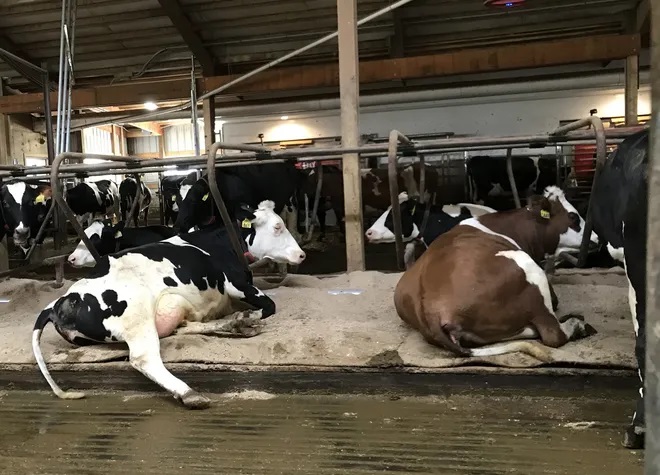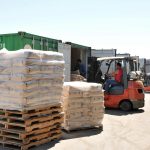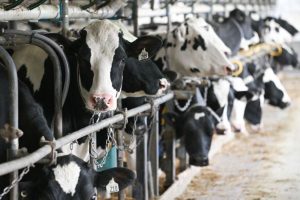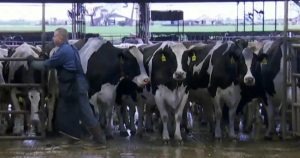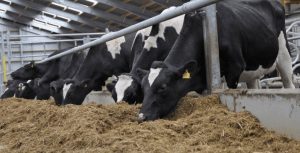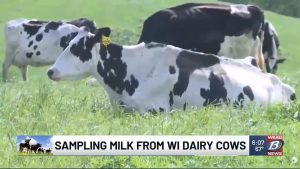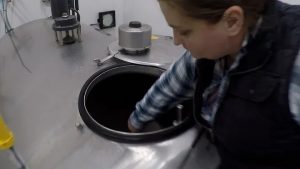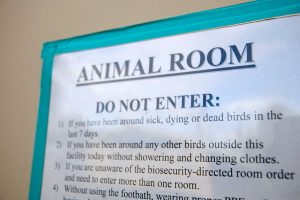
The U.S. Department of Agriculture is casting a wider net in its quest to understand the scope and spread of bird flu in dairy cows by launching a year-long study testing meat samples from culled dairy cows.
The bird flu virus (H5N1) has been confirmed in about 190 dairy herds in 13 states since March when USDA officials determined that birds carrying the virus infected cows.
Emilio Esteban, under secretary for food safety at the USDA, told reporters during a recent call that the expanded testing will begin in mid-September. This follows earlier studies that documented beef in the nation’s food supply was deemed safe to eat. The 800 samples to be collected during the new study will be nationally representative, collected from both large and small meat processing plants.
“We want to move forward with an additional step by testing meat from the carcasses of culled dairy cows at processing plants,” Esteban said. “Those carcasses will be held until we get the results back. That allows us to do two things: If any carcass tests positive, USDA will buy it and use it for research purposes, it will also serve as a potential source to trace back to the farm of origin and supplement our epidemiological work.”
Esteban emphasized that cows moving into meat production are usually culled from the milking herd when they are no longer productive.
“There’s a difference between a condemned animal and a culled animal,” he pointed out.
This new study will also collect samples of muscle tissue from sick cows that have been culled from dairy herds. Finally, USDA officials will conduct meat safety cooking studies on ground beef inoculated with a “very high amount of a virus surrogate” to determine how much virus is killed at different heat settings.
“Cooked properly, beef is very safe to eat,” Esteban said.
Eric Deeble, deputy under secretary for marketing and regulatory programs, echoed Esteban’s confidence in the safety of the nation’s food supply, pointing to earlier sample studies conducted on pasteurized milk and other dairy products including cheese, cream cheese, butter and ice cream.
“While 17% of the milk and dairy product samples in this study had genetic materials from H5N1, no viable virus was detected in any of the samples,” he said, adding that properly aged raw milk cheese tested from grocer shelves also showed had no evidence of the virus. “The herds contributing to those aged raw milk cheeses weren’t infected. However, it does not change the FDA recommendation to not drink raw milk.”
Is the current level of milk testing enough?
Reporters on the call peppered USDA officials with questions regarding the effectiveness of current testing regulations. Deeble defended the agency’s course of action, saying the current level of testing for bird flu was “adequate”.
He noted that four states — Kansas, Nebraska, New Mexico and Texas — launched voluntary pilot programs testing bulk milk tanks on dairy farms for bird flu. He says additional states have also expressed interest in participating.
In July, Colorado animal health officials mandated weekly testing of milk from commercial dairies as a means of helping to identify any additional dairies infected with the virus, which has spread to chickens and people. Since the testing was put into place on July 22, 10 additional herds tested positive for the virus.
“We are seeing a high level of testing, especially in Colorado. But I don’t think it’s accurate to extrapolate from the situation in Weld County Colorado to what’s happening across the country. Weld County is a tightly integrated dairy community with a lot of connectivity between premises in the way they use vehicles, support services and vehicles,” Deeble said.
You can now read the most important #news on #eDairyNews #Whatsapp channels!!!
🇺🇸 eDairy News INGLÊS: https://whatsapp.com/channel/0029VaKsjzGDTkJyIN6hcP1K
